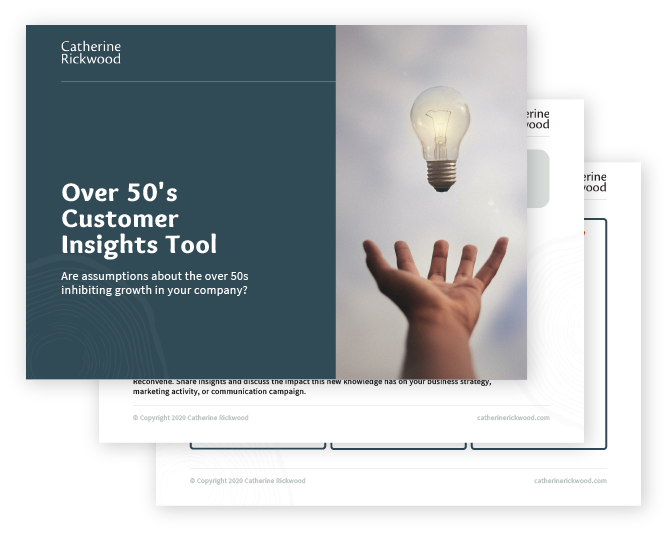For decades, Australians have held home ownership to be the mark of status and success in life. However, this ignores the more basic and fundamental role of owning our own home, including physical shelter; physical and psychological wellbeing; and a source of wealth that can facilitate financial security. With home ownership on the decline, what are the implications for older Australians in the future?
“So much of the rhetoric that is out there is premised on the fact that people own their own homes and yet data is showing that over the last three to four census periods that’s happening much less. People are not retiring owning their own homes, whereas previously they did.”
Dr Victoria Cornell*
Home ownership on decline
Recent census data reveals that home ownership is declining – particularly amongst those under 55 years of age. Assuming that everyone in Australia in the future will own their home in their 50s and beyond ignores current data trends. According to the Grattan Institute there’s a possibility that future Australians will be ‘permanent renters’. In fact, this Grattan Report suggests:
“It’s been a perfect storm of rising incomes and falling interest rates, rapid migration, tax and welfare settings feeding demand, and planning rules restricting supply.”
Furthermore, homelessness is increasing. According to the Australian Bureau of Statistics, there are 116,427 people who are homeless. 18,625 of these people are over 55 years old, a 28% increase for this age category since the 2011 census. Of this older cohort, most notable is the increase in older women experiencing homelessness – there was an 83% increase in the number of women over 55 homeless and couch-surfing between 2011 and 2016 alone.
Housing and longer lives
Homelessness and reduced home ownership have significant implications in the future as we become older and our lifespans increase. What happens if we don’t own our home in our 70s, 80s and 90s? Where will we live? Who with? How do we build homes and create communities today to accommodate the changing home ownership trend? Moreover, how can we build homes that see people through multiple life stages? Finally, how can we make age friendly everyone’s business?
Implications for housing older Australians
Previously we’ve written about the steps for housing innovation. This process is one that governments, savvy designers, builders, developers, urban planners, and architects would all benefit from incorporating into housing developments and designs. However, when it comes to housing solutions for providing affordable housing for the elderly to reduce homelessness and accommodate declining home ownership it requires a radical rethink in both government policy and private sector approaches. Developments like Mirvac’s build-to-rent club in Sydney Olympic Park and the Communities Plus housing site in Redfern are just the start.
The future of housing
Catherine Rickwood interviewed experts in the fields of housing and urban design. For a quick summary of their insights on our housing future have a look at this short video.
Will you own your own home when you’re in your 60s, 70s or beyond? Perhaps you know someone who will face the challenge of being a permanent tenant.
If you’d like to further understand the implications of housing in the context of our burgeoning ageing population for your business or community, call us on 0422 002 202.
*Dr Victoria Cornell is Postdoctoral Research Fellow at The University of Adelaide and Convenor, Housing and Built Environment Special Interest Group, AAG.
Photo by Andreea Popa on Unsplash



